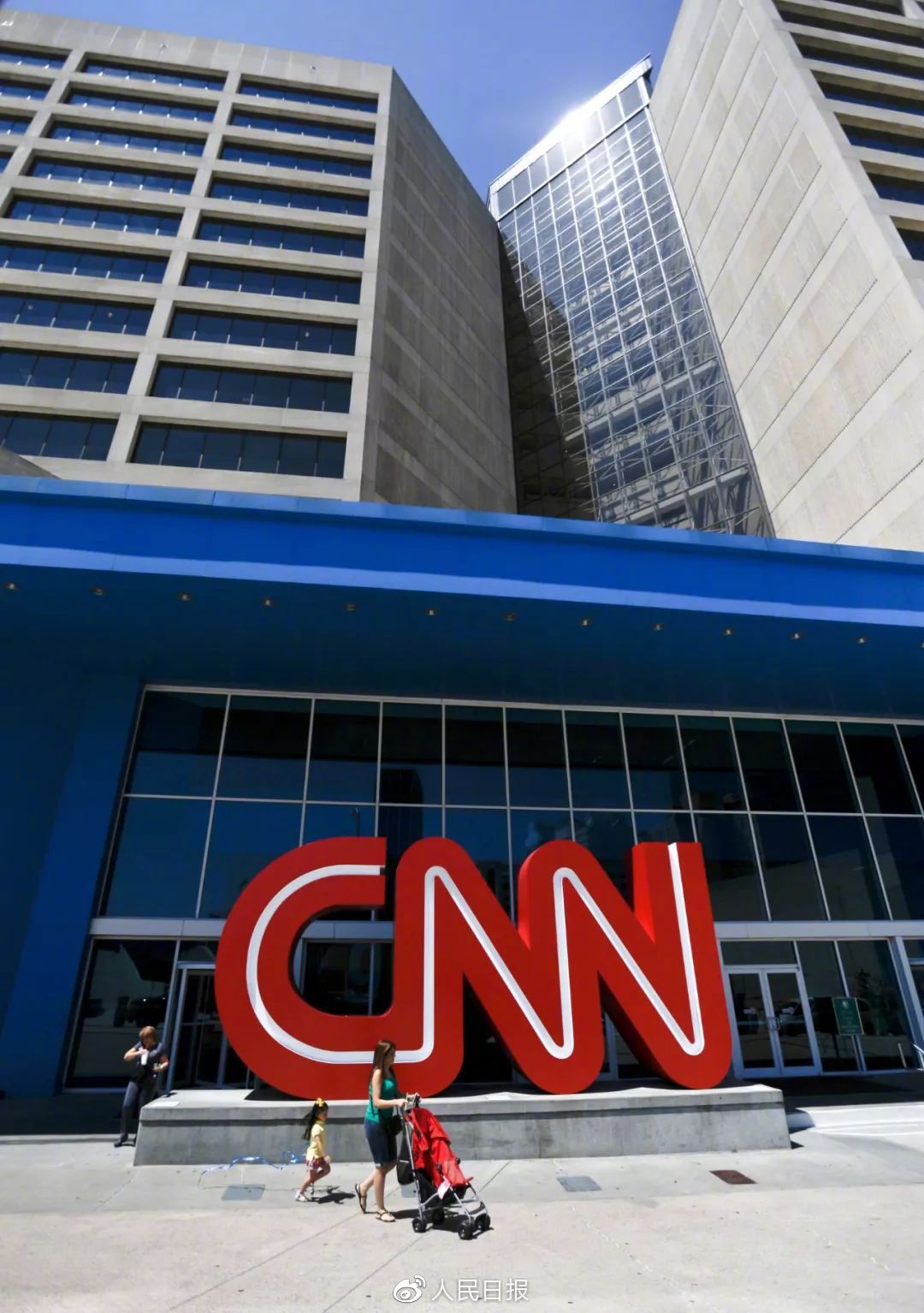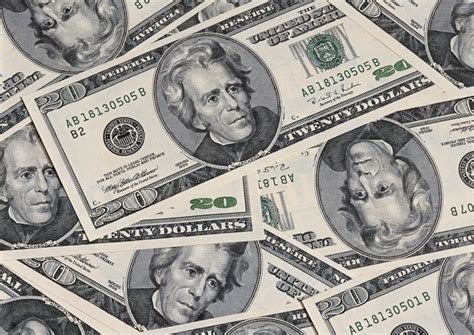(Picture Source:Baidu)
The business model of Facebook is mainly to occupy users' data with low cost and zero cost, accurately depict users' characteristics and preferences through big data analysis, push ads accurately and earn advertising fees. This business model relies heavily on artificial intelligence technology such as data analysis and computing, which has attracted most Internet companies to imitate. No longer have access to user data at low or no cost. Facebook pays consideration and data analysis for explicit user authorization, which means that costs and risks are significantly higher and profits will continue to fall.
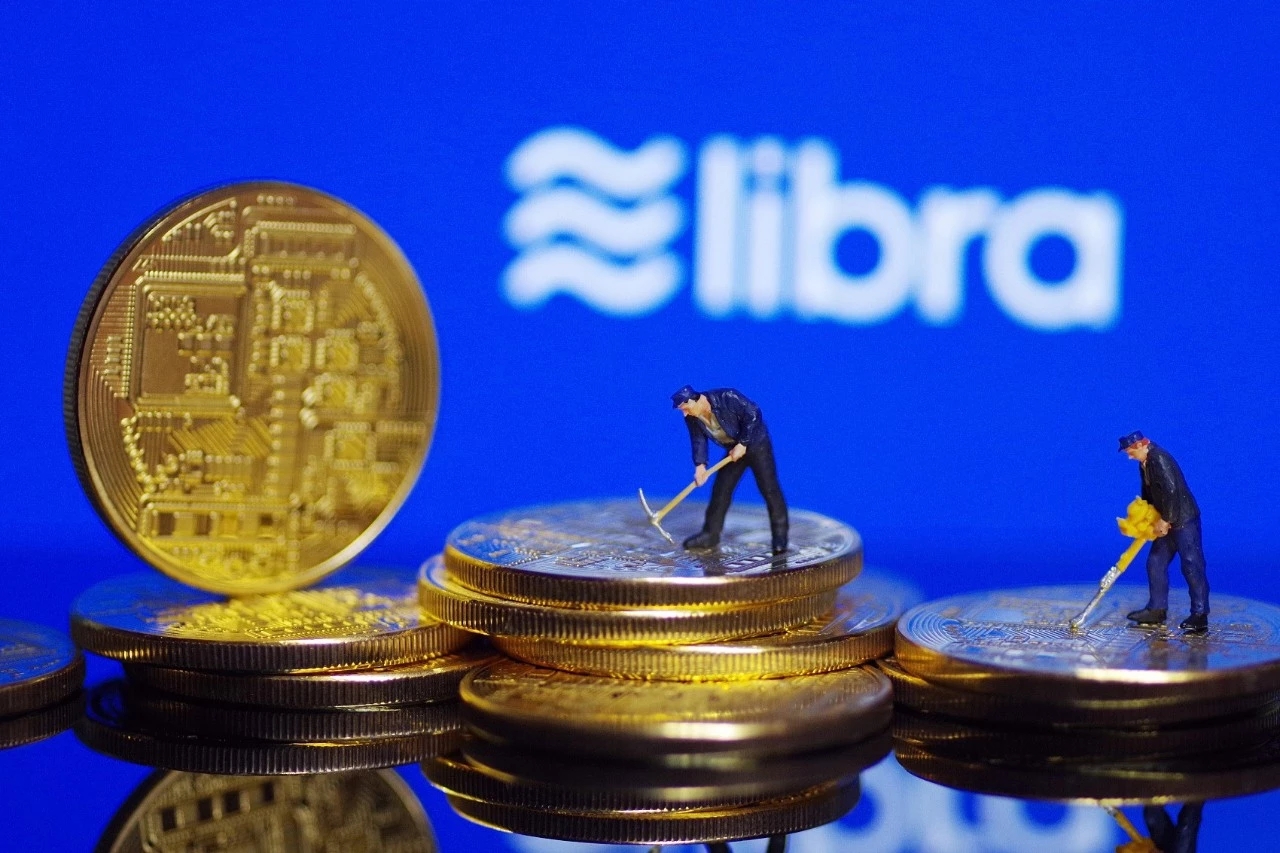
Libra brings new currency ideas. The legal tender of a country cannot be world currency, so the legal tender of transnational corporation may be ok. Cross-border, super-sovereign and federalized digital currency is naturally consistent with the pursuit and interests of multinational companies. Today it's Facebook, tomorrow it's Microsoft, Google, amazon, apple.
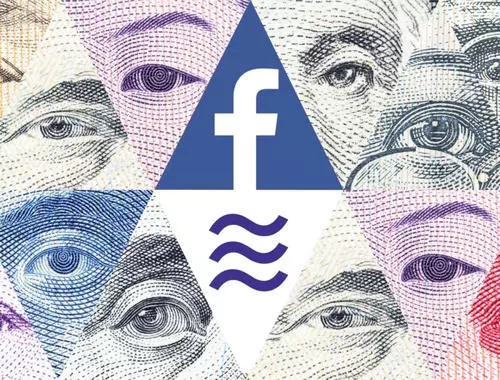
In 2018, Facebook had a net profit of $25 billion, more than 2.6 billion users and a market value of more than $500 billion. If you look at revenue alone, Facebook doesn't seem to need a "transformation." But the scandal that broke in March 2018 highlighted the inevitability of Facebook's transformation.
"In the future, we hope to provide more services for individual users and enterprises." Libra, Facebook's digital currency project, officially launched a white paper on June 18 afternoon, Facebook founder mark zuckerberg said on his Facebook page.
It is a step-by-step strategy: do SDRS first, safe and with little risk; Eventually, you start from scratch, create your own currency, and build a digital economic empire that bypasses the existing currency and the state regulations that come with it.
In the long run, Libra's role depends on whether it is comfortable with third-party payments or real money. Behind the third-party payment are anchored legal COINS, such as Chinese WeChat and alipay. Behind the payment is RMB, and consumers pay "scan", which means the currency in their bank accounts decreases in the real world. In the same way, Libra could easily bind to dollars and eat a cake paid for by a third party. But Libra doesn't. It is anchored to a basket of currencies. That means zuckerberg's ambitions go beyond third-party payments. It reserves a certain amount of cash in proportion to a basket of currencies and issues digital currency as collateral, which is by far the most prudent and acceptable approach.
At the time, us media revealed that Facebook had violated user agreements by providing more than 50 million users' private data to a big data analytics firm, Cambridge analytica, and may have ultimately influenced political votes, and would pay a $5 billion fine. Zuckerberg has appeared before the us congress and the European parliament. These humiliating inquiries and the entry into force of GDPR in May 2018 have made zuckerberg aware that Facebook's business model is in danger.
Libra does not anchor the dollar precisely because it is too risky. With the number of Facebook users, Libra, once it has the right to coin money through long-term free circulation within the system, without any government approval and with strong credit endorsement, is likely to become a dollar central bank other than the federal reserve, bringing huge impacts and risks to American national regulation.
On the afternoon of July 2, the financial services committee of the us house of representatives suddenly sent a letter to Facebook executives including zuckerberg, demanding that they immediately stop the digital currency project. The house financial services committee will also host hearings to determine how Libra works and what measures it takes to protect users' privacy.
Libra is based on blockchain and will be launched in the first quarter of 2020. The digital currency initiative will create a digital economy consisting of 100 cooperative union nodes. At present, Visa, Mastercard, Uber, Paypal and other companies have signed up and confirmed as the founding node. The service could include Facebook and WhatsApp's 2.7 billion global users.
Libra anchors a multi-country basket of currencies, so is the Internet giant, with 2.7 billion users, aiming for the international monetary fund's Special Drawing Rights (SDR) or a super-digital empire? What requirements do Libra put forward for national regulation and governance? Are Libra really giving the world a chance to look again at money, digital money?
In the short term, Libra is very profitable as a digital currency for digital payments. China's Internet third-party payments are an example: fewer than 600 million users and $28 trillion in transactions in 2018. If Facebook's users effectively translated into Libra, it would be a breeze to generate $80 trillion or so in transactions a year. Cross-border payments are also lucrative. Currently, the global cross-border payment business is 125 trillion us dollars, and China's BATJ is also making frequent efforts to occupy the overseas payment market.
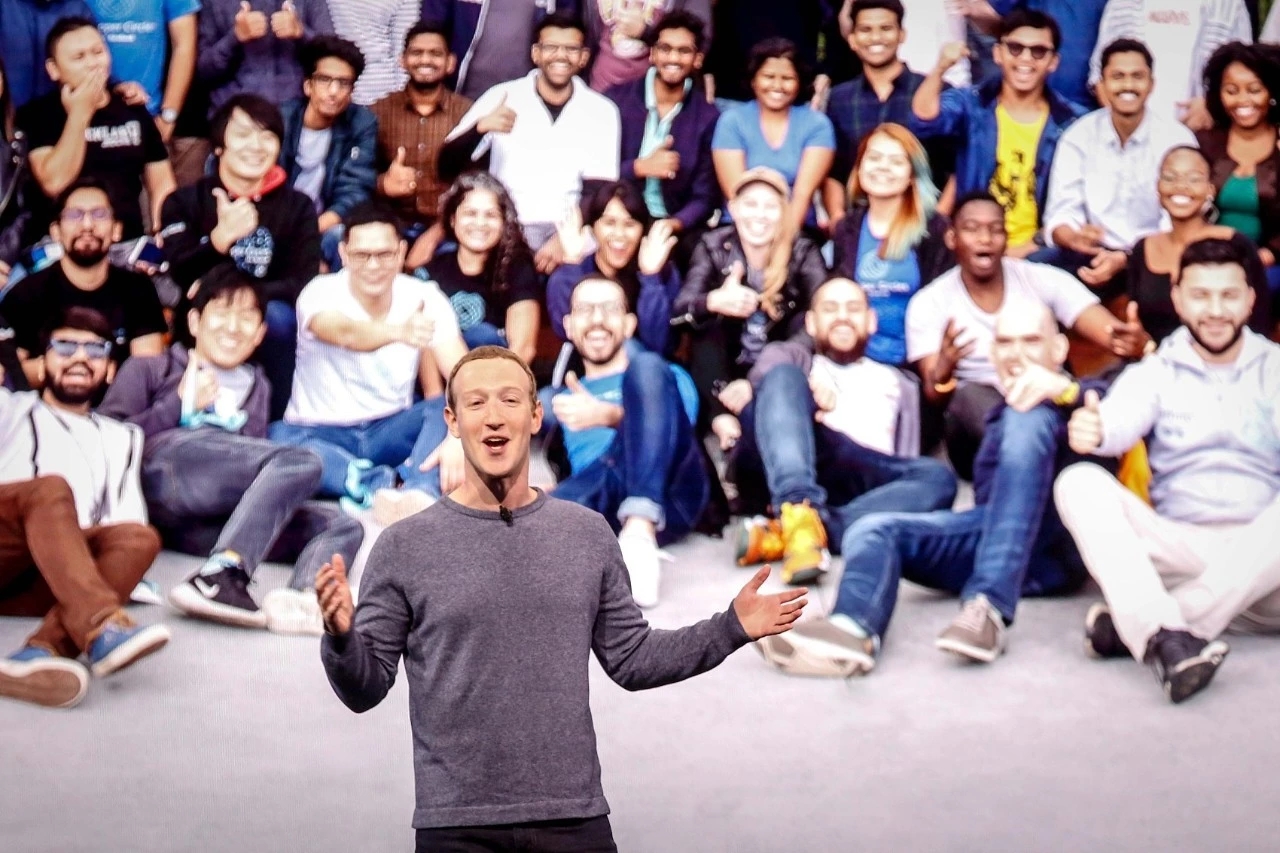
Digital money is a romantic technology tool, but with practice, it is increasingly showing world-changing power. This is a foreboding currency war, but this time Facebook is challenging the monetary, financial and reserve systems of sovereigns around the world. Libra is just the beginning.
